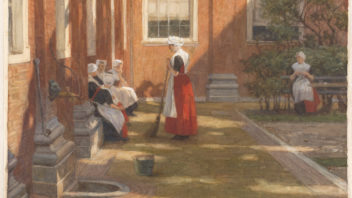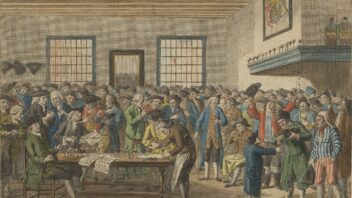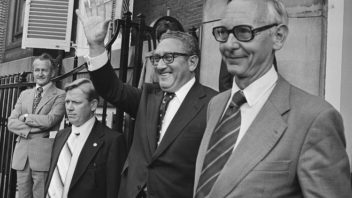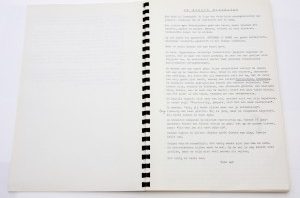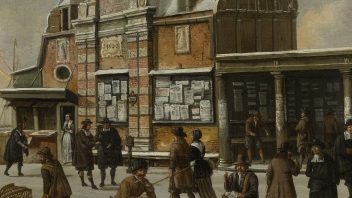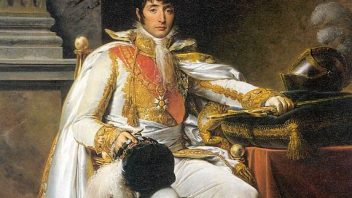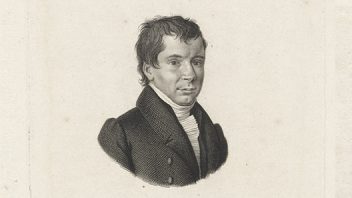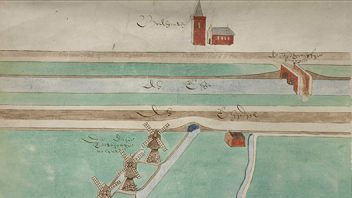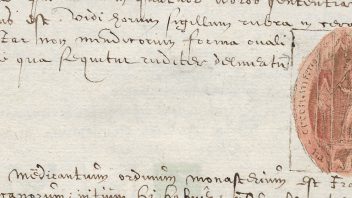Political Culture and History
In this research group, we study Dutch political culture and history in an international-comparative perspective. We are distinguished from other research groups in the Netherlands by a broad chronological view, stretching from the late Middle Ages to the recent past.
We see political culture as the set of political ideas, norms, practices and political interactions between institutions, administrators, citizens, media and other actors. We understand the Netherlands in a broad sense: as the territory of the current state including its (former) overseas territories and as part of larger contexts. The political-cultural approach is also a research tradition with its own set of tools. We apply this approach to Dutch history, but also use other methods.
Our research
Within this framework, we conduct research on
- the social, legal and communicative aspects of decision-making, and the gender dimension of governance
- the diplomatic side of politics, on the international stage but also, for example, in the interactions between cities and regions in the Republic;
- the role of ordinary citizens, marginalised groups, peripheral areas and less visible actors;
- reflection on processes of political inclusion and exclusion and historical canon formation.
The source material we examine includes pamphlets, petitions, correspondences and archival collections of complex government organisations.
Experts in using serial source sets
Our research group occupies a leading position internationally when it comes to the use of serial source sets. By linking our research experience to knowledge in the field of digital retrieval and enhancement, we have a good insight into the possibilities and limitations of working with such sources. We exploit this knowledge advantage by developing new research and accessibility projects ourselves and by participating as a partner in larger consortia.
We maintain the institute’s expertise with regard to canonical persons and events and, together with the Data Management department, we ensure good accessibility of the related source collections.
Career prospects
We want to bind junior researchers and guest researchers to us for shorter or longer periods by initiating recognisable projects of our own. We consider it important to make an active contribution to the career prospects of these researchers. Therefore, we also contribute to education for students and researchers in the Political History Research School and elsewhere.




